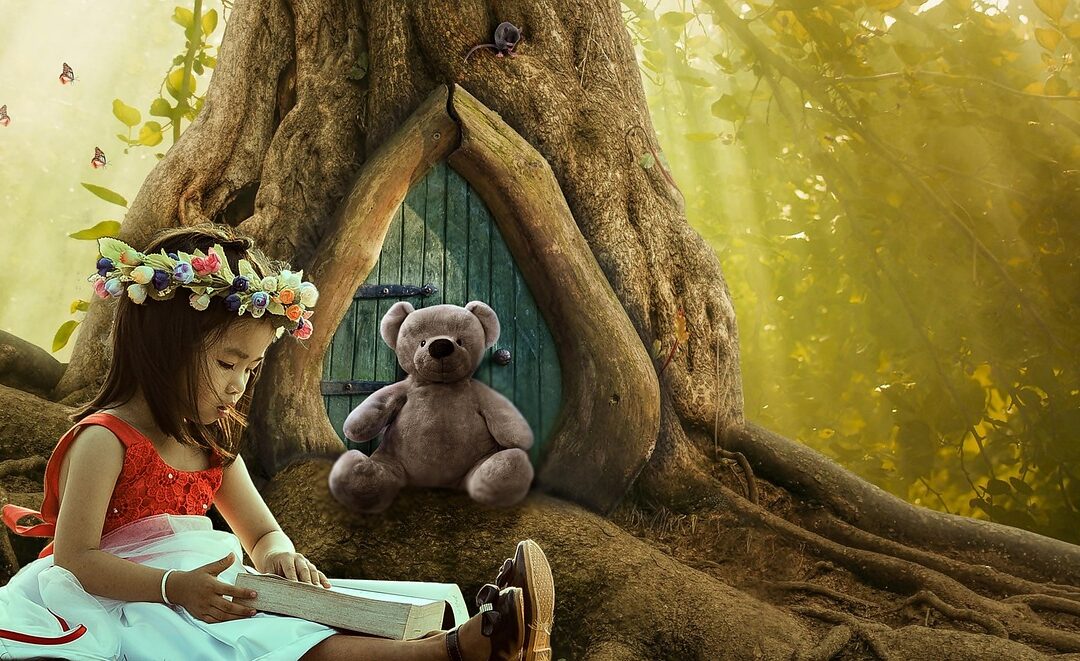Teddy bears have been a beloved staple toy for decades, with their origins traced back to 1902 when Richard Steiff created the first one. Inspired by President Theodore Roosevelt’s refusal to shoot a bear during a hunting trip, a cartoonist captured the incident and published it in the Washington Post, sparking the teddy bear boom.
These furry stuffed animals hold a special place in our hearts as they become our cherished childhood companions. They are trusted with secrets, accompany us everywhere, and offer much comfort for little ones at bedtime. Even as adults, we may still hold onto our well-loved, worn-out childhood teddies, missing an eye or a limb, but treasured nonetheless.
In times of distress, they are the first thing a child reaches for, providing solace and a sense of security. Beyond being mere toys, the act of hugging a teddy bear triggers the release of oxytocin, a hormone that promotes love and attachment, resulting in reduced stress levels. These delightful creatures play an integral role in children’s lives, offering a safe space to share feelings without judgment and allowing the release of pent-up emotions.
During moments of loneliness and isolation, teddy bears become true friends, offering companionship and support. They have proven therapeutic value, particularly in aiding emotional regulation for children struggling with anxiety, depression, or trauma. By simply holding a teddy bear, a child will experience a grounding sensation that anchors them during emotional turbulence, redirecting their attention from distressing thoughts and providing a welcome respite for an overburdened mind. Furthermore, teddy bears combat feelings of loneliness and isolation, serving as constant companions who remind us that we are not alone in our struggles. Their unconditional love and companionship act as a powerful antidote to these emotions.
Recognised in various mental health settings, teddy bears are utilised as tools in therapies such as play therapy and trauma-focused therapy. They facilitate emotional expression and promote healing, allowing individuals of all ages to externalise their thoughts and emotions through imaginative play, fostering emotional growth in the process.
Teddy bears hold a special place in our hearts, serving as symbols of comfort, love, and lasting memories. They are our little furry superheroes.
Love, Eliza x.

